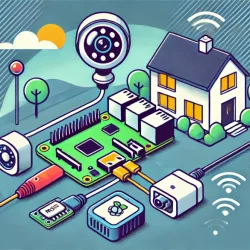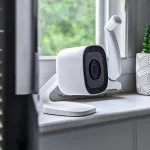How Much Do Home Security Systems Cost?
Home security systems are an essential investment for protecting your family, property, and peace of mind. However, the cost of these systems can vary significantly depending on the type, features, and level of monitoring. Whether you're considering a basic DIY setup or a professionally installed system with advanced features, understanding the cost breakdown is crucial to making an informed decision.
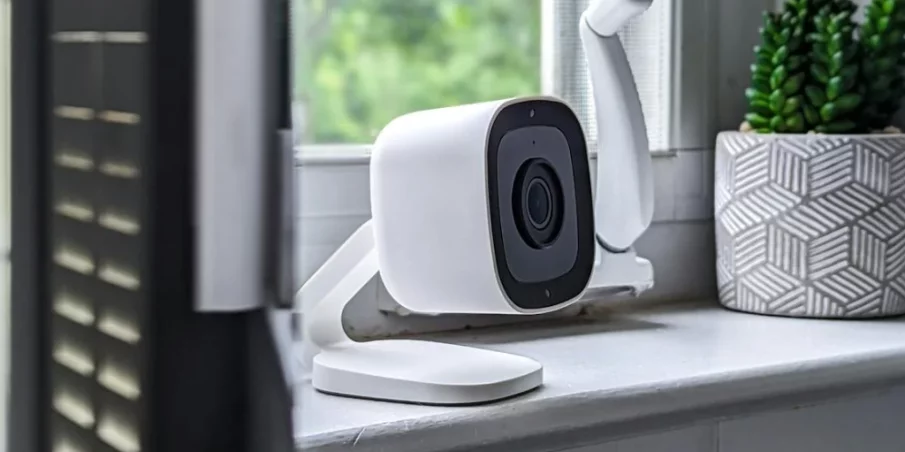
Factors Influencing the Cost of Home Security Systems
1. Equipment Costs
The foundation of any home security system is its equipment. Basic setups typically include door/window sensors, motion detectors, and a control panel. Advanced systems may add features like cameras, smart locks, and environmental sensors.
- DIY Systems: These can cost as little as $60 for a basic kit and up to $400 or more for comprehensive setups.
- Professional Systems: Professionally installed systems range from $300 to over $3,000 depending on the brand and included components.
2. Installation Costs
Installation costs depend on whether you choose a DIY or professional setup.
- DIY Installation: Generally free since you handle it yourself.
- Professional Installation: Costs range from $99 to $1,900, with an average of about $747. Some companies include installation fees in their packages.
3. Monitoring Fees
Monitoring services provide 24/7 surveillance and emergency response. This is often the most recurring expense.
- Self-Monitoring: Free or low-cost options start at $3 to $13 per month for features like video recording.
- Professional Monitoring: Costs range from $10 to $65 per month depending on the provider and level of service.
4. Additional Features
Advanced features like smart home integration, high-definition cameras, and environmental sensors can increase costs.
- Smart cameras: Range from $100 to $300 each.
- Environmental sensors (e.g., smoke or carbon monoxide detectors): Typically cost $40 to $115 per unit.
- Smart locks and thermostats: Range between $130 and $250.
Types of Home Security Systems and Their Costs
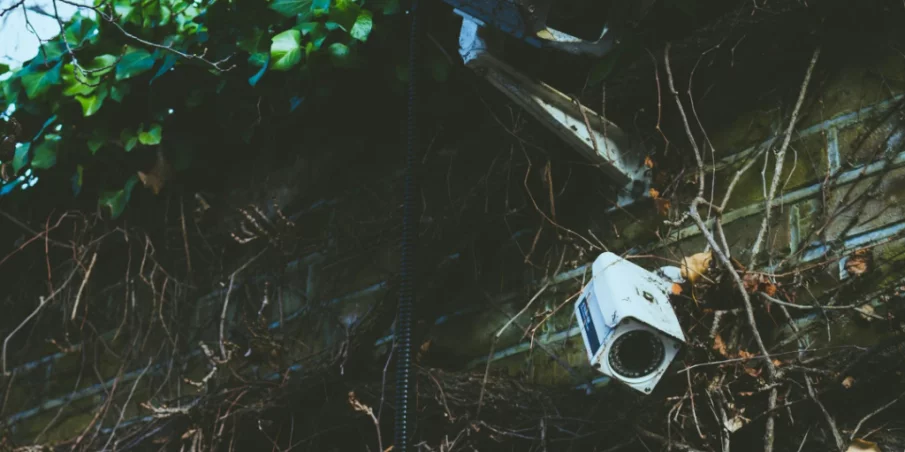
1. DIY Security Systems
DIY systems are ideal for budget-conscious homeowners who want flexibility without long-term contracts. For example, you can even build a DIY home security system using a Raspberry Pi.
- Cost Range: $60 to $400 for equipment; optional monitoring starts at $10 per month.
- Example Brands: Ring Alarm, SimpliSafe, Abode.
2. Professionally Installed Systems
These systems are designed for homeowners seeking comprehensive security with minimal setup hassle.
- Cost Range: $300 to over $3,000 for equipment; installation fees range from $99 to $1,900.
- Monthly Monitoring: Starts at around $20 but can exceed $60 depending on the provider.
3. Hybrid Systems
Some companies offer customizable systems that combine DIY installation with professional monitoring.
- Example: ADT Self Setup allows users to build their own system starting at $269 while offering monitoring plans starting at $20 per month.
Key Considerations When Choosing a System
Budget
Determine how much you're willing to spend upfront and monthly. Basic systems are affordable but may lack advanced features.
Home Size
Larger homes may require more sensors and cameras, increasing costs.
Customization
Look for systems that allow you to add components over time as your needs evolve.
Contracts
Some companies require long-term contracts for professional monitoring, while others offer month-to-month plans.
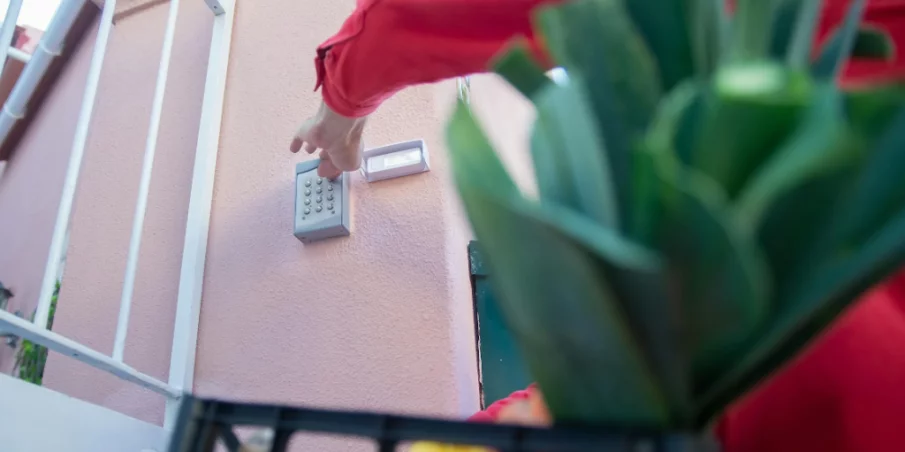
Average Home Security System Costs Breakdown
Understanding the financial investment required for a home security system helps you plan and budget effectively. The following table provides a comprehensive overview of potential expenses across different components and service levels, giving you a clear picture of what to expect when investing in home security.
| Component/Service | Cost Range |
|---|---|
| Basic DIY Kit | $60–$400 |
| Professional Equipment | $300–$3,000+ |
| Installation Fee | Free (DIY) – Up to $1,900 |
| Monitoring (Monthly) | Free – $65+ |
| Advanced Features | Varies ($40–$300/unit) |
Tips for Saving Money on Home Security
- Start Small: Begin with essential components like door/window sensors and expand later.
- Look for Discounts: Many providers offer promotional pricing or bundled packages.
- Bundle Services: Some companies provide discounts if you combine home security with other services like internet or smart home devices.
- Check Insurance Benefits: Installing a security system may lower your homeowner's insurance premiums.
Frequently Asked Questions About Home Security Systems Cost
Are DIY security systems as effective as professionally installed ones?
DIY systems can be highly effective when properly installed and maintained. They offer flexibility, lower upfront costs, and many include similar core features to professional systems. However, professional systems often provide more comprehensive monitoring and advanced integration options.
Can I reduce my home insurance premium by installing a security system?
Many insurance companies offer discounts of 5% to 20% for homes with monitored security systems. The exact discount varies by provider, so it's best to check with your specific insurance company about potential savings.
How often should I upgrade my home security system?
Technology evolves quickly, so consider upgrading your system every 3-5 years. Look for improvements in wireless technology, smart home integration, and enhanced monitoring capabilities.
Do I need a long-term contract for home security monitoring?
Not necessarily. Many modern providers offer month-to-month plans without long-term commitments. Some DIY systems allow you to choose between self-monitoring and professional monitoring with flexible terms.
What additional costs should I budget for beyond the initial system?
Budget for potential additional expenses such as:
- Battery replacements
- Extra sensors or cameras
- Annual maintenance
- Potential subscription fees for advanced features
- Potential professional inspection or recalibration
Are wireless or wired systems more cost-effective?
Wireless systems typically have lower installation costs and offer more flexibility. They're usually easier to install and can be moved if you change residences. Wired systems might have higher upfront costs but can be more reliable in areas with weak wireless signals.
Conclusion
According to home security experts who write for us on home security, the cost of a home security system depends on your specific needs and preferences. While basic DIY systems are affordable and easy to set up, professionally installed systems offer robust protection with advanced features at a higher price point. By understanding these costs and evaluating your priorities, you can find a solution that fits your budget while ensuring peace of mind.
More to Read:
Previous Posts:
